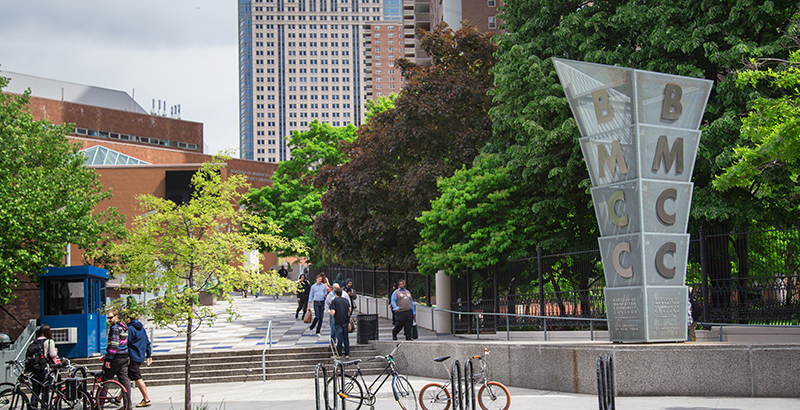Get stories like these delivered straight to your inbox. Sign up for The 74 Newsletter
Community colleges across the country are leveraging federal coronavirus relief dollars to forgive student debt accrued during the pandemic, a move some administrators hope will stanch continuing enrollment declines at the two-year institutions.
The money, available through both the Coronavirus Aid, Relief, and Economic Security Act and the more recent American Rescue Plan Act, allows eligible colleges to wipe out student debt and provides grants directly to students in need. At El Paso Community College in Texas, for example, administrators cleared more than $3 million in debt for roughly 4,700 students over the summer using CARES Act funding, then encouraged eligible students to apply for additional financial aid via allocations from ARPA.
“Students have been adversely affected by the pandemic and we want them to be able to stay on their path to completing their degree,” Keri Moe, the college’s associate vice president of external relations, communication and development, said in a statement. “We want to help students find the resources to emerge from the pandemic, regain financial stability and to be able to continue to pursue their dreams.”
Other two-year colleges have announced similar measures. Connecticut State Colleges and Universities, a 17-campus system with a mix of two- and four-year colleges, said in July it would forgive $17 million in debt that community college students “took on or could not repay because of the pandemic.” The policy will impact more than 18,000 students, with no strings attached and no requirement that recipients enroll in classes in the future.
“Community college students have been hit especially hard by COVID-19,” Terrence Cheng, the system’s president, said in a statement. “By eliminating the debt those students owe to institutions, we are removing a hurdle that prevents far too many people from continuing their educational journeys..”
Enrollment Still Falling
Enrollment at community colleges has suffered throughout the pandemic, with numbers continuing to slide despite widespread vaccine availability. Spring enrollment at two-year institutions nationwide declined by 9.5% this spring, with roughly 476,000 fewer students than the same time in 2020, according to National Student Clearinghouse data released last month. Among all institutions of higher learning, community colleges accounted for more than 65% of undergraduate enrollment losses, according to the data.
The continuing decline is a concern for community colleges, which typically see enrollment increases during recessions as unemployed workers return to school to learn new skills. But the pandemic proved difficult for traditional community college students to weather, as many come from low-income backgrounds, are first-generation learners and often attend school while juggling work and dependent care — all populations that were disproportionately affected by COVID-19.
“They lost jobs, suffered food insecurity, and lacked access to vital services — to say nothing of the devastating harm caused to those afflicted with the virus,” Dr. Jane Gates, provost and senior vice president of academic and student affairs at Connecticut State Colleges and Universities, said in a statement. “It is no wonder that so many students saw the debt they owed to our colleges pile up.”
Technical colleges in Madison and Milwaukee, the Community College of Philadelphia and Bergen Community College in Paramus, New Jersey, have also announced plans to use federal dollars to cancel debt. In most cases, students’ accounts are wiped automatically, with no application process or other action necessary.
“Financial concerns often present the most significant barrier to earning a college degree—especially given the pandemic’s effect on the finances of our students,” Eric M. Friedman, president of Bergen Community College, said in a statement. “By erasing past-due tuition, students can return…to continue their path to a degree without debt hanging over their heads.”
Four-year colleges have also utilized relief money to erase debt, including Delaware State University, South Carolina State University and Wilberforce University, all Historically Black Colleges and Universities.
“This is a tremendous weight I won’t have to carry,” Romaun Myers, one of more than 2,500 South Carolina State students to have debt cleared, told the university in a statement. “I’m a first-generation college student, one of the only boys on my mom’s side of the family. I have to make it so I can provide for my family.”
Get stories like these delivered straight to your inbox. Sign up for The 74 Newsletter


;)
